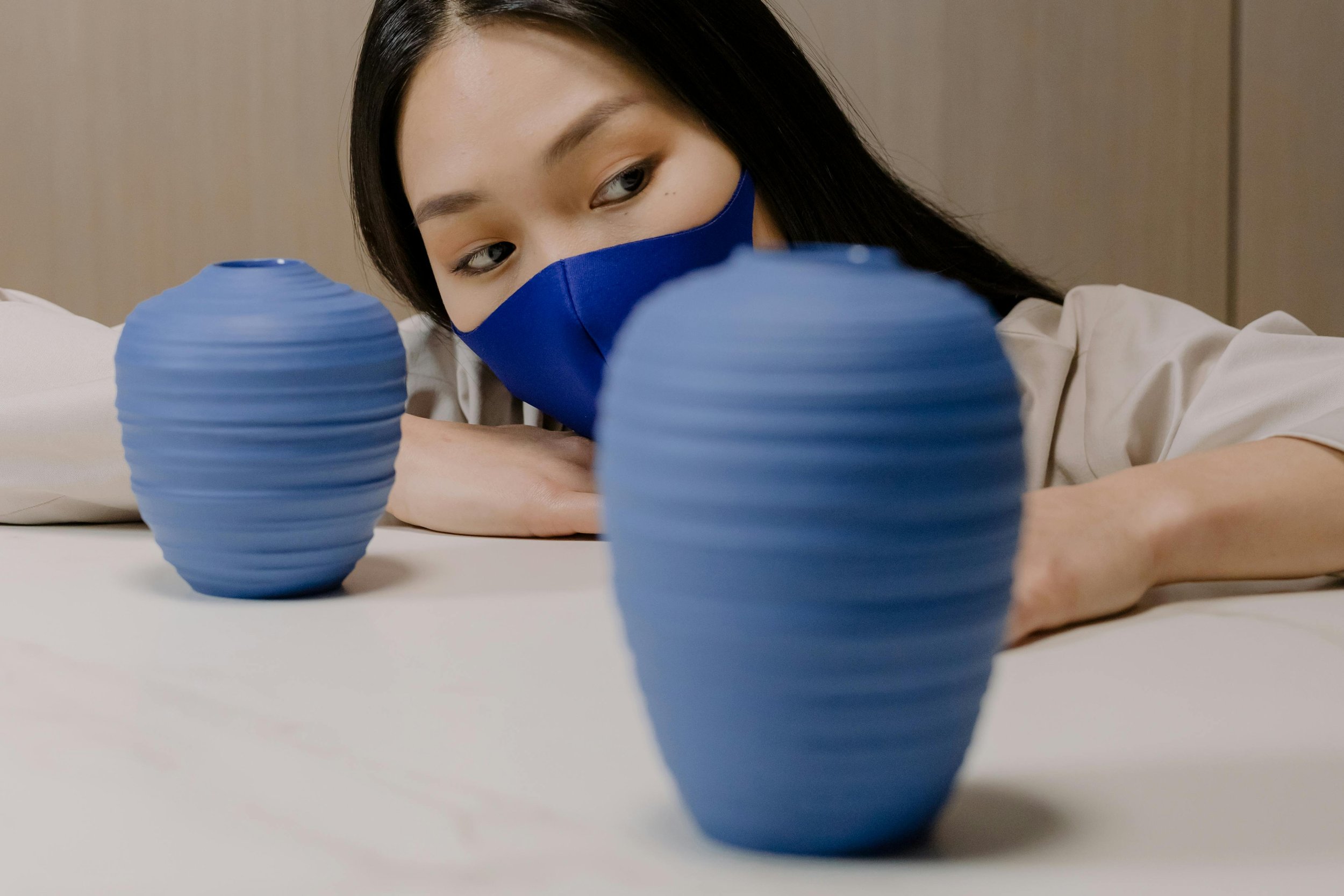The Twin Study: Thirteen Years of Botox
Everyone is sharing and talking about the thirteen-year Botox twin study!
This study is old news, but it’s recently been doing the rounds on social media and it’s not surprising that so many people love it! In 2006, Dr William J Binder of the UCLA School of Medicine published a paper titled “Long-term effects of botulinum toxin type A (Botox) on facial lines: a comparison in identical twins.”
It’s a great example of what subtle, beautiful, and professional done Botox can look like when completed by a medical professional. It’s a great example of Botox as prevention.
Twin 1 (on the left) received Botox only twice (in the forehead and glabellar region, three years and seven years before the study.
Twin 2 (on the right) received Botox in the forehead (frontalis) and frown lines (glabellar region) approximately two to three times each year consistently over a period of thirteen years. She also received treatment to the crow's feet twice in the two years leading up to the study.
After sharing the original study, I had a quick chat with @glowday_pro where we were noting that Twin 2 seemed to have better quality skin in general, and wondered was she potentially doing other treatments or skincare alongside her consistent toxin use?
This famous case study was followed-up six years later when the twins were forty-four years old.
To quote directly from the fascinating study:
“Both twins use 45 to 50 SPF sunblock on a daily basis and both lead active outdoor lifestyles. Neither twin smokes, both adhere to a relatively healthy diet, and both work in an indoor office setting. Neither twin has had any laser, light, or skin-tightening procedures, and both use glycolic-based topical skincare products on a daily basis. Neither twin uses any other topical skincare products, including retinol-based products. Regarding the aesthetic quality of their skin, consistent long-term treatment with onabotulinumtoxinA seems to be the only major difference in the lives of these twins.”
The authors’ conclusion was that consistent use of toxin in the long-term could also potentially have a remodeling effect and improve the quality of the skin overall.
What do you think about this conclusion?
Read the follow-up case here.
References
Binder WJ. Long-term effects of botulinum toxin type A (Botox) on facial lines: a comparison in identical twins. Arch Facial Plast Surg. 2006 Nov-Dec;8(6):426-31. doi: 10.1001/archfaci.8.6.426. PMID: 17116793.
Rivkin A, Binder WJ. Long-term effects of onabotulinumtoxinA on facial lines: a 19-year experience of identical twins. Dermatol Surg. 2015 Jan;41 Suppl 1:S64-6. doi: 10.1097/DSS.0000000000000193. PMID: 25548847.















Galderma has unveiled Relfydess™ (RelabotulinumtoxinA), the world’s first ready-to-use liquid neuromodulator developed with proprietary PEARL™ Technology. This groundbreaking product has recently received approval for use in Europe. So what is it, and what sets it apart from the other toxins?.